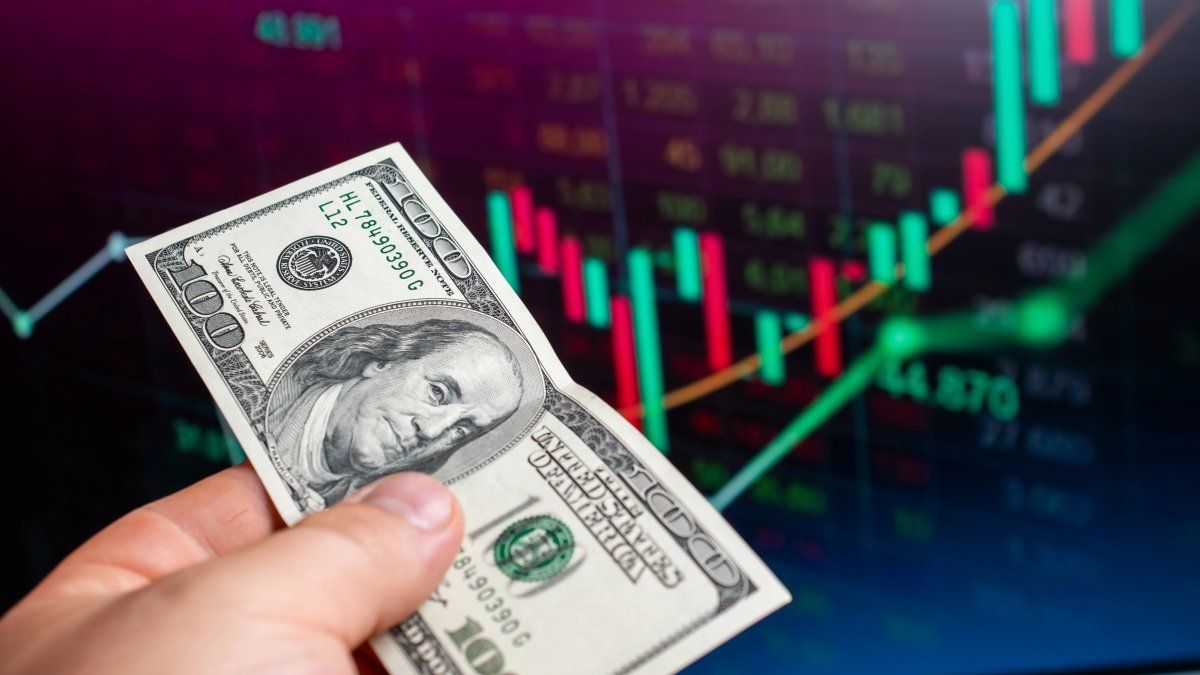The wave will probably only really come after that. But hardly anyone doubts that it will come. Millions of guests, some from distant countries, are expected in Munich for the Oktoberfest – infections with the corona virus are inevitable. The festival had already been canceled twice because of the pandemic. The virus is still there, the incidences are sometimes higher than in the past two years. Nevertheless, we should celebrate – like before and without Corona measures.
Numbers skyrocket after folk festivals
Finally: A mask would be a hindrance when drinking beer, and testing and checking hundreds of thousands of guests a day would be an enormous effort. Above all, however, the specifications from Berlin do not currently justify any restrictions. Public festivals are also allowed in the new draft of the Infection Protection Act.
“Of course it will lead to an increase in the number of cases,” said Johannes Bogner, head of the Clinical Infectious Diseases Section at the LMU Clinic at the University of Munich. “It is very well documented that there is a measurable increase in cases of illness after local events. This can also be expected for the Oktoberfest,” said the doctor. “Especially at the beer table, where you sit close together with others for hours, infection will be very easy.”
The “Süddeutsche Zeitung” had shown based on the number of infections after public festivals, such as the spring festival in Landshut and Bergkirchweih in Erlangen: After each of these, the seven-day incidence in the districts rose sharply. Most recently, the numbers in the Kulmbach district skyrocketed after the beer festival. The incidence was sometimes over 1,400, so the region was temporarily the nationwide incidence leader.
1.3 million festival visitors in Straubing
Many eyes are currently directed towards Straubing. The Gäuboden folk festival took place there by Monday with around 1.3 million visitors. On the last day of the festival, the incidence in the city and district was still on average in Germany, according to data from the Robert Koch Institute (RKI). But even at the other festivals, the wave came later. It is already swelling in Straubing: According to the RKI, on Wednesday the city already had an incidence of 512.5 and the Straubing-Bogen district was 457.0.
While many Munich residents have already pulled lederhosen and dirndls out of the closet in anticipation and are spreading a Oktoberfest flair on the streets, others are not at all enthusiastic about the city’s decision to hold the festival. You are inevitably exposed to an increased risk of infection. Bogner advised them to wear masks more often in everyday life during the Oktoberfest.
Doctors see no reason for cancellation
Despite the foreseeable Wiesn wave, doctors saw no reason to cancel the world’s largest folk festival, which could have a greater impact due to its internationality. “If you decide to go to the Wiesn, you have to accept a certain risk of infection,” said Ulrike Protzer, head of virology at the TU and at the Helmholtz Center in Munich, recently the “Süddeutsche Zeitung”. “One day you have to go back to normal life, and now you can if you’re sensible about it.”
The pandemic officer of the Klinikum Rechts der Isar of the TU Munich, Christoph Spinner, saw it similarly, and advises boosters. “The optimization of vaccination protection, for example with a second booster two to four weeks before the Oktoberfest, can significantly reduce the risk of infection.” Because: “For those who go to the Oktoberfest: The probability of transmission there is high.”
“Omicron is completely different”
Experts did not expect that the Wiesn could produce a new pathogen or that a new variant would come from somewhere else by then. “It is unlikely that there will be a new variant by then,” said Bogner. He assumed that the omicron subtypes BA.4 and BA.5 would continue to predominate during the Wiesn in Munich – and that the risk of severe courses would therefore be lower than in previous years.
“This is a completely different disease than Wuhan disease and alpha and delta disease. The omicron disease that we are dealing with now has lost a great deal of its disease-causing power,” said Bogner. In addition, there is a good immunity level for many people who have survived infections and vaccinations. “That’s why the number of illnesses will be high after the Wiesn, but there will be no catastrophe scenario.”
Bottlenecks in the Munich clinics are possible. Surgery that is not essential to life may have to be postponed. In the worst case, emergency patients would have to be transferred from Munich to other clinics. But: “The politicians responsible have carefully considered that the Wiesn will take place.”
There is a risk of staff shortages in festival tents
However, doctors recommended that previously ill people at risk of a severe course of Covid-19 avoid visiting the Wiesn or at least only stay outdoors.
A consequence of the Wiesn wave could also be staff shortages during the festival. At the same time, staff is scarce everywhere. Nevertheless, there are no more complaints about a lack of staff from the innkeepers, the Wiesn is a lucrative place to work. And according to Wiesn boss Clemens Baumgärtner (CSU), Munich has also hired enough additional staff with around 700 security guards.
The city had temporarily thought about Corona requirements. “We have examined a whole range of scenarios as to how this could be accomplished,” said Baumgärtner recently. However, this was technically and logistically impossible to implement; the costs would have been in the low double-digit million range.
Baumgärtner did not believe that foreign visitors were increasingly bringing the virus in. Around 60 percent of the guests are from Munich and the surrounding area, 20 percent from the rest of Bavaria and Germany, and 20 percent from abroad. Foreigners who get infected can of course carry the virus home – and cause infection there.
Source: Nachrichten




